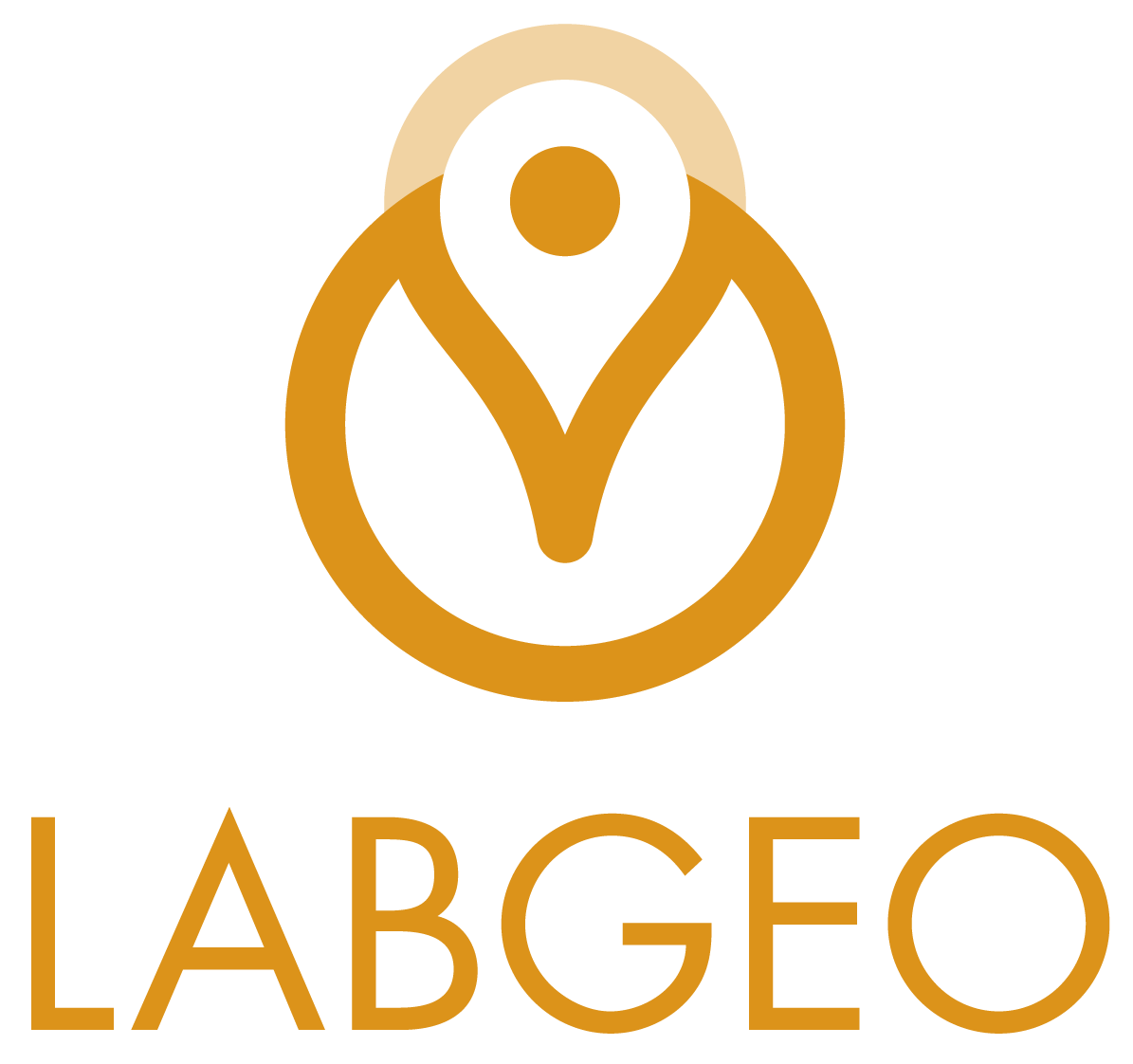“Minoranze al centro: sostegno all’associazionismo delle donne delle minoranze etniche nella Cina Occidentale” – Focusing on minorities: support to the associations of women of ethnic minorities in Western China
Funding: from the Tuscan Region as “Progetti Strutturanti” within the framework of 4.3.3 b) of the Integrated Plan on international activities adopted by the decree D.C.R. n.26 del 4/4/2012.
Duration of project: 24 months
Implementation places: China: provinces of Hunan, Guizhou, Sichuan, Yunnan, Gansu
Project’s consortium:
Italy:
Università di Firenze – Dipartimento SAGAS
Cospe Onlus Firenze
Cooperativa sociale “Tangram”, Firenze
Associazione Italiana Turismo Responsabile
Cina:
Xiang Yuan You Association for Poverty Alleviation (Hunan)
Museo di Jishou (Hunan)
Project synthesis:
Building on the experiences from earlier projects “Bridge-it”, “Indigo” and “Ad Ovest di Shanghai”
supported by the Tuscan Region and implemented thanks to a great partnership between China and Italy, the project “Minoranze al centro” focuses on those Western areas from where the work-force leaves towards the industrialized coastal megalopolises. In those remote rural areas inhabited by ethnic minorities, the project’s goal is to develop and further, activities towards the promotion of those territories. This is achieved also by working with groups of women from Miao, Tujia and Qiang minorities from some villages in the province of Hunan, Guizhou and Sichuan and by reaching out to the Naxi minorities in the Yunnan. In all these areas, people live of subsistence agriculture and small-scale farming, in environment which are still not too polluted, rich in biodiversity and characterised by wonderful landscapes and by an intense cultural variety including handicraft and original artistic production.
Thanks to pilot activities conducted in the past year with the local partner Xiang Yuan You, and to collaborations with other local and Italian associations museums, universities, institutions, it has been possible to reach out to groups of women from ethnic minorities. These groups are engaged in self-empowerment initiatives through the integration of income-generated activities via high-quality handicraft, the development of ecotourism, and typical agricultural productions of these areas within the framework of a development process which encompasses three dimensions: the ecological, the social and the cultural dimensions.
The improvement of women’s economic conditions confirms an important strategy to guarantee sustainable processes of empowerment and to determine a greater freedom within the options related to migration: the rural communities highlight that migrate towards big cities, today, does not mean that there are not opportunities to come back to the place of origin. This project aims at strengthening this potential by expanding the areas addressed by these activities and by engaging the new generations. New research on their entrepreneurship role – coordinated by the University of Firenze, in collaboration with several Chinese universities – will systematize the contribution by women who part of the migration processes. This will allow to promote results and values at the national level in China as well as in Italy.
The Italian partnership includes Cospe which has been implementing several cooperation projects in the provinces of Wester China since 1994, as well as specialized partners in the tourism sector (AITR – Associazione Italiana Turismo Responsabile), in the Tuscan productive sector, in the service sectors related to childhood and to the strengthening of the role of families as primary agents of education (Cooperativa Tangram). The partnership is coordinated by the University of Florence which guarantees a rigorous systematic approach.
The Chinese partnership – coordinated on-site by the NGO Xiang Yuan You – engages specialized partners in the tourist sector (and in particular the Minorities Museums of the University of Jishou) and aims at optimizing the competences in the sector of women’s micro-enterprises, by promoting grassroot associations and linking to those new trends – emerging in the Chinese megalopolises – which entail awareness of ecological issues and support to ethnic minorities, through furthering and promoting the role of girls and boys as agents of a development based on equity and ethics.
